
When people think of becoming a millionaire, the first image that often comes to mind is owning a massive mansion. However, the reality is that more and more wealthy individuals are opting out of buying these oversized homes. Why? The dream of living in a grand estate isn’t always what it’s cracked up to be. Here’s why living large isn’t necessarily living smart.
Massive Maintenance Costs

The upkeep of a mansion can be overwhelming, even for the wealthiest. From regular cleaning to repairs, the expenses pile up fast. Landscaping, pool maintenance, plumbing, and roofing issues are constant concerns. It’s not just the initial price tag that’s daunting—owning a mansion means a never-ending list of repairs and services.
Utilities Are Expensive and Inefficient

Mansions come with enormous utility bills. Heating and cooling such a large space, often with barely used rooms, is incredibly wasteful. Even with energy-efficient appliances and systems, maintaining comfortable temperatures across a sprawling estate results in shockingly high costs.
Unused Space Creates a Sense of Emptiness
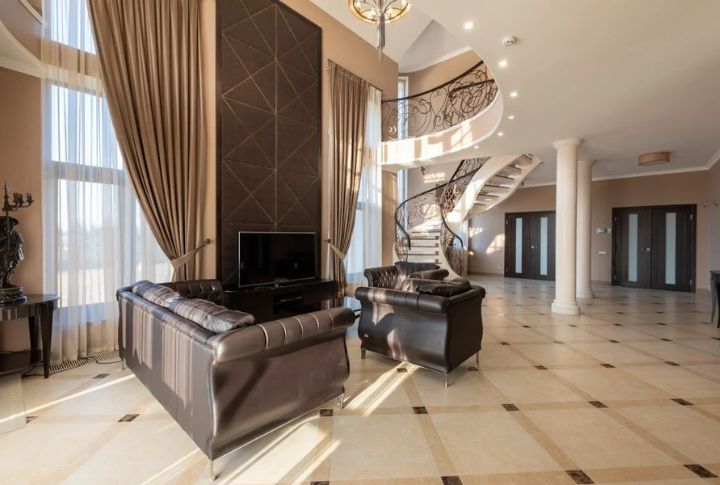
While the idea of multiple bedrooms, grand living areas, and expansive grounds might sound appealing, most of the space in a mansion remains unused. Extra rooms become storage spaces or sit empty, collecting dust. The reality is that a smaller, well-designed home that fits your lifestyle makes more sense.
High Property Taxes and Insurance

The larger the home, the higher the property taxes and insurance premiums. For mansions, these costs are astronomical. In certain states, property taxes alone can amount to tens of thousands of dollars each year. Add homeowners’ insurance into the mix, and these numbers soar into territory where the costs outweigh the benefits.
Security Concerns and Costs

Large properties are prime targets for theft and other security risks. Mansions require advanced security systems, gated access, and often a team of guards. The more expansive the estate, the more entry points there are to protect. And honestly, no one wants to constantly fear a break-in.
Less Flexibility in Life

Owning a mansion ties us down in ways a smaller, more practical home doesn’t. There’s less freedom to pack up and leave for a new city or country if an exciting opportunity comes along. With a massive property, it could restrict mobility and lifestyle choices for you and your family members.
Resale Challenges

Mansions aren’t easy to sell. The market for high-end properties is limited, and selling an expensive estate can take months, sometimes years. When compared to the market for more moderately priced homes, mansions often take a hit during economic downturns. Real estate markets fluctuate, and large properties tend to lose value faster.
The Appeal of Simplicity
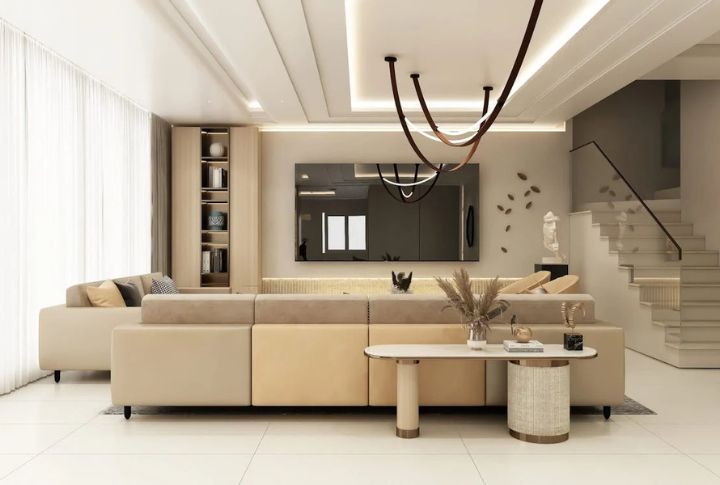
Minimalism is becoming more popular, even among the wealthy. A life focused on fewer material possessions and less clutter is proving to be more fulfilling. People are realizing that happiness isn’t tied to the size of our homes. A simpler, more intentional living space provides a sense of peace that a mansion cannot.
Time Consumption

Having a massive property can feel like a part-time job, from managing household staff to dealing with constant upkeep. For those who value their time, the appeal of spending hours managing a home quickly fades. There are better ways to spend our days than worrying about property management.
Constant Renovations and Updates
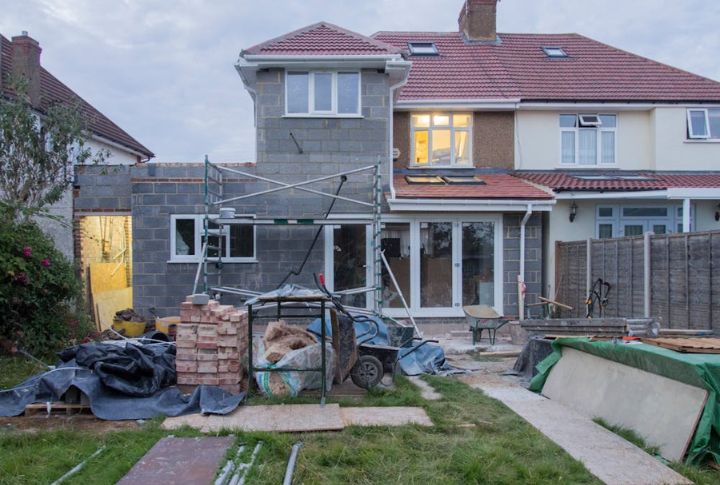
Mansions, especially older ones, often need renovations or updates to keep them modern. Whether it’s outdated kitchens, bathrooms, or HVAC systems, staying on top of renovations is a never-ending task. These projects are costly and time-consuming and can make living in the home inconvenient for months, if not years.
Community and Social Isolation
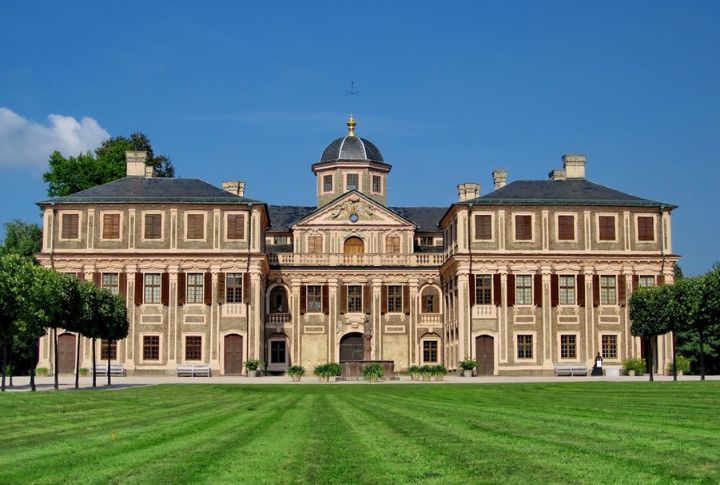
Large properties often come with a sense of isolation, both physically and socially. Mansions are frequently located in gated communities or on large plots of land, far from neighbors and daily interactions. Many people value being part of a community, and owning a mansion can create a divide between them and others.
Flexibility in Travel

Without a mansion, you’re free to invest in experiences like travel. Money spent on maintaining a massive home could be better used to explore the world, take extended vacations, or purchase vacation homes in multiple locations. That flexibility which comes from not having a massive estate opens doors to new adventures and experiences.
Emotional and Mental Weight
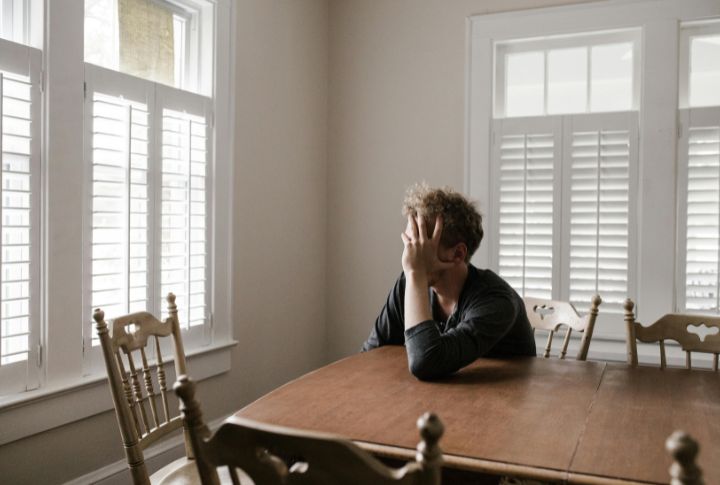
A large home can feel like a burden. This property’s sheer size can create stress, with constant concerns about upkeep, security, and financial management. The mental and emotional toll of maintaining a mansion often outweighs the benefits, leaving us feeling weighed down rather than liberated by wealth.
More Space, More Stuff
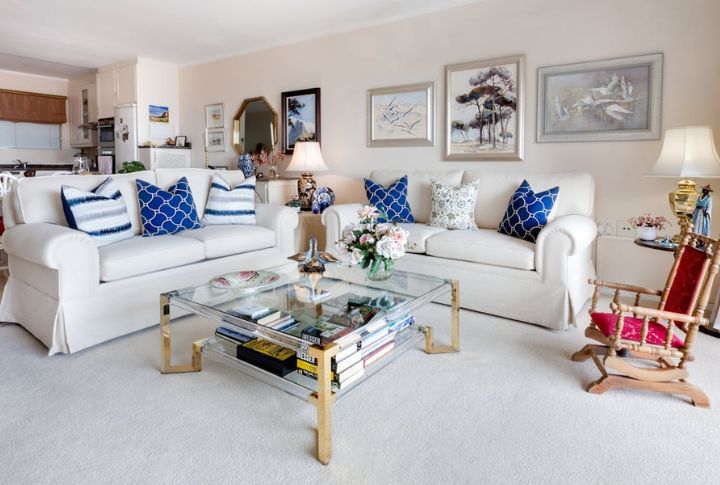
Larger homes invite excessive furnishing, decor, and other material possessions that aren’t truly needed. This creates a cluttered life, both physically and mentally. By choosing a more manageable home, we can devote our attention to what we value most without the pressure to fill empty rooms.
A Mansion Is No Longer a Status Symbol

A mansion was once the ultimate status symbol. Today, wealth is less about showing off material possessions and more about experiences, freedom, and impact. For many, the financial flexibility of avoiding massive property investments is far more valuable than the prestige associated with a mansion.
